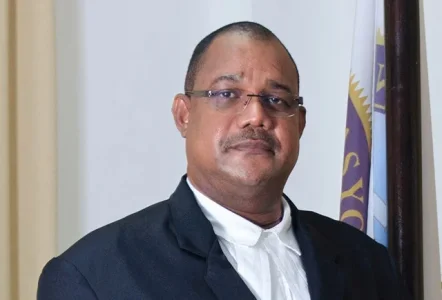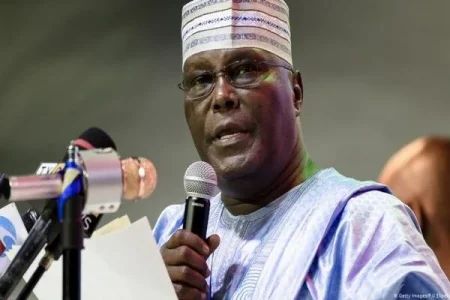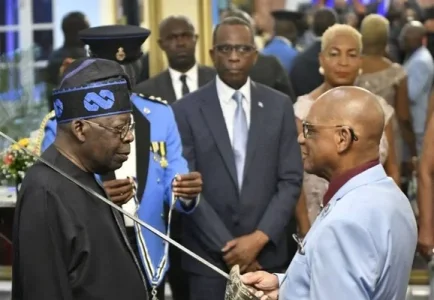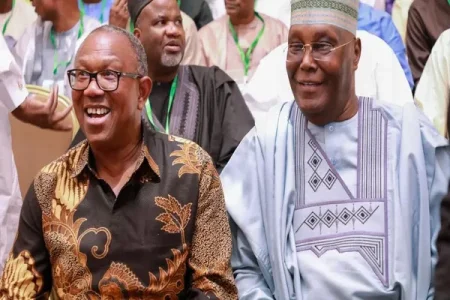
The recent news of the Seychelles opposition leader, Patrick Herminie, being charged with witchcraft and seven others has shocked many. According to BBC News, the charges were filed after two bodies were exhumed from a cemetery on the island of Mahé.
Herminie, who plans to run in the 2025 presidential election under the United Seychelles Party (USP), has vehemently denied the allegations and believes it is a "political show" to tarnish his reputation. He and six of his Seychellois co-accused have been granted bail, while a Tanzanian suspect remains in custody.
The charges against Herminie and his co-accused include possessing items for witchcraft, planning to perform witchcraft, and procuring witchcraft-related services. Prosecutors claim that the Tanzanian suspect was found keeping things associated with witchcraft, such as stones, artefacts, and documents with "demonic and satanic" symbols.
For Nigerians, this incident offers a different perspective on how cultural beliefs and politics can intersect. Although witchcraft accusations are not uncommon in Africa, it is rare for a politician of Herminie's status to face such charges. Many Nigerians believe that this reflects the lengths political rivalries can go to, even using cultural beliefs as tools for political gain.
Herminie's arrest has led to discussions about the role of superstition in politics and its potential impact on democracy in Africa. As the story unfolds, Nigerians will be closely monitoring the developments in Seychelles, drawing parallels and lessons for their political landscape.




